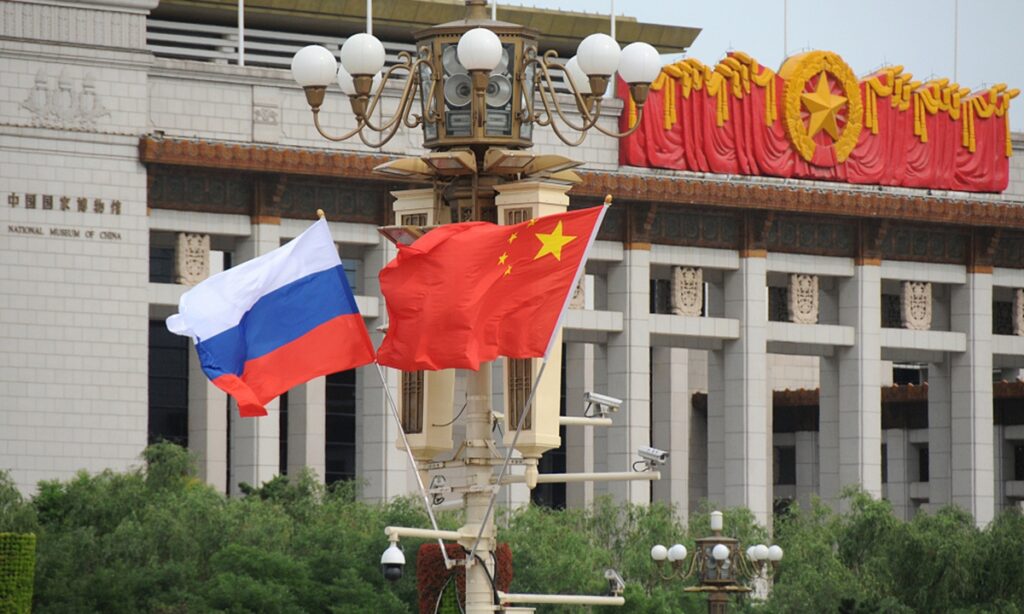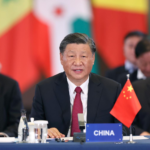China and Russia can further explore integration in financial infrastructure, and China-Russia local currency settlement cooperation can go further, Oleg Deripaska, industrialist, philanthropist and founder of aluminum giant Rusal, said in an exclusive interview with the Global Times, as the two countries have a good basis for economic cooperation with deep mutual trust.
Now that Russia and China have realized ruble-yuan settlement in many scenarios, in the future there can be a better and more convenient platform for loans for enterprises in the two countries, Deripaska noted.
This year, the volume of trade between Russia and China is expected to exceed $200 billion for the first time, and this figure could later double and exceed $500 billion, he said.
In the future, China and Russia can also deepen cooperation in mutual investment. For example, in the automobile manufacturing industry, the two countries will build joint ventures in the future and they can jointly set up a system for manufactured goods and export them to third countries, said Deripaska.
Regarding energy cooperation, Deripaska noted that China is doing very well in the field of renewable energy, so Russia will buy some renewable energy-related technologies. In the field of ecology and environment protection, Russia and China have very strict laws and regulations, which are constantly being strengthened, he said.
When talking about the China-proposed Belt and Road Initiative (BRI), Deripaska said that for a long time, the world economy has been centered on the West, and almost all technologies and investments were initiated by Western countries, but Western control and intervention also led to many regional conflicts. The BRI, in this context, has had a great positive effect on global economic development and the development of multilateralism, and helped the world find a new balance. All countries in the world must strengthen economic and trade cooperation, help each other and work together in the same boat, he said.
Deripaska said that Russia’s trade was over-reliant on Europe and it must find a new balance that focuses on Asia. Before the outbreak of the Russia-Ukraine conflict, more than 60 percent of Russian industry was dependent on European technologies and standards. Now the country is transforming and revising national standards and developing deeper industrial cooperation with friendly countries, he noted.
(Global Times)




